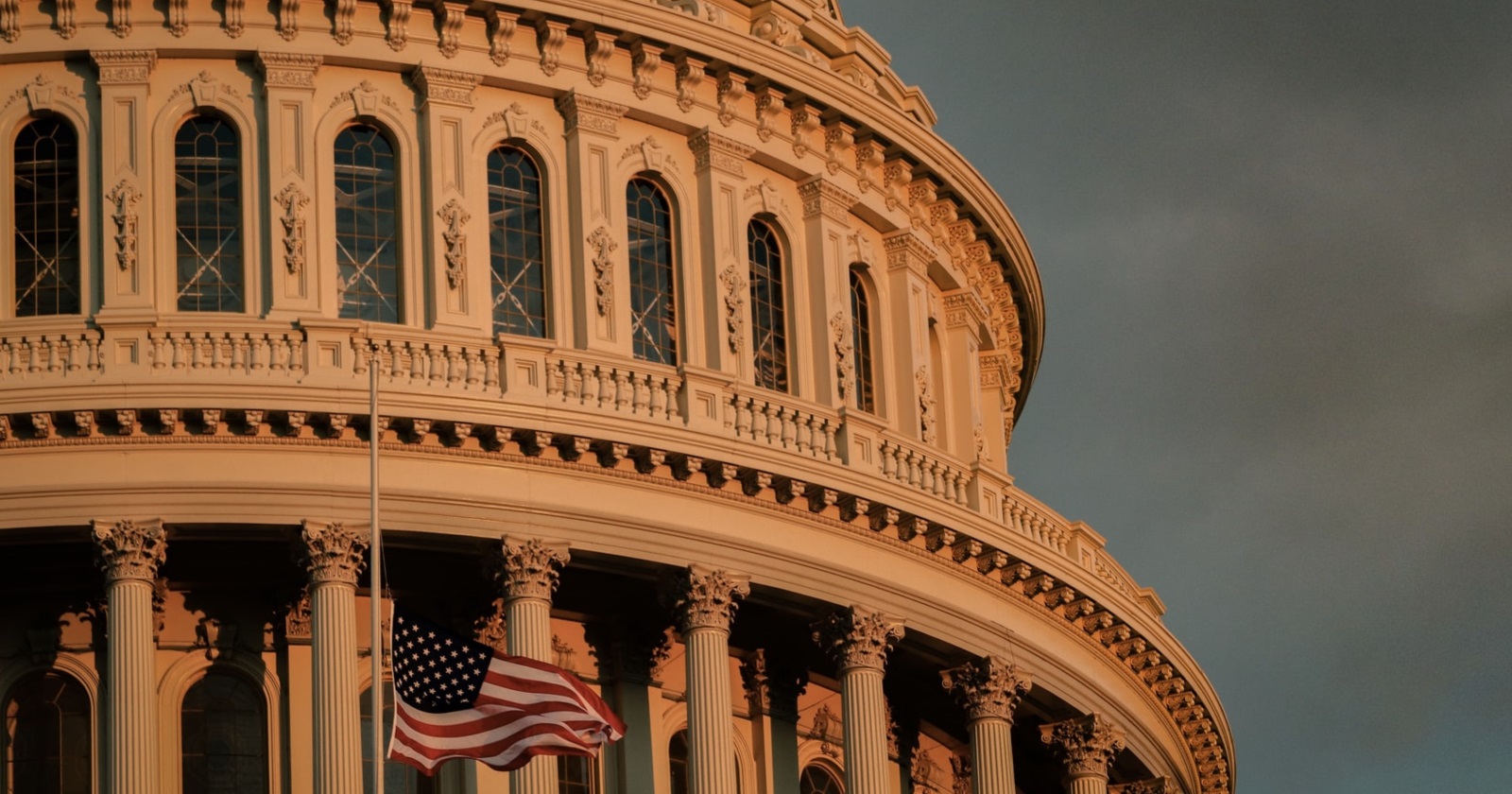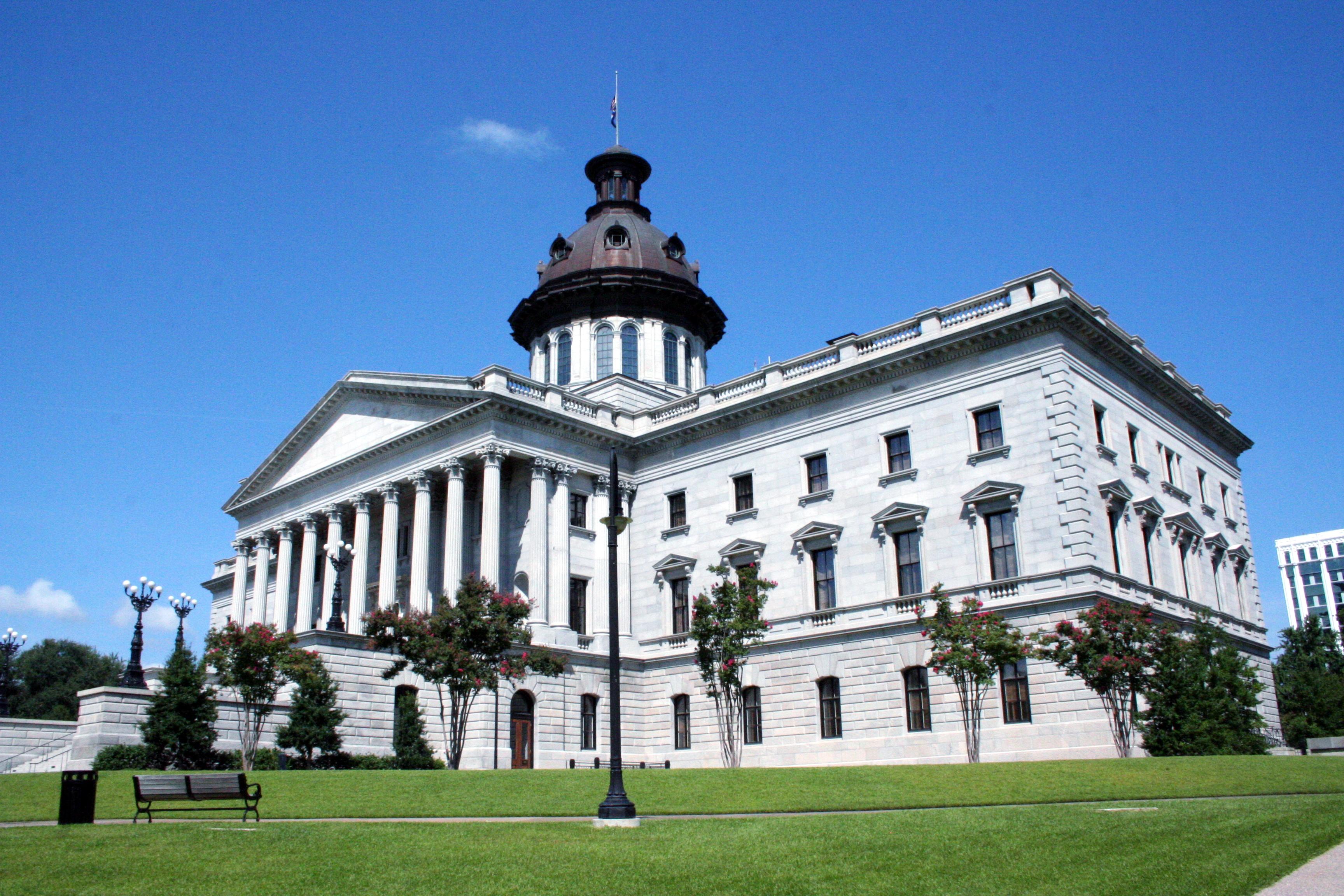LETTER: PPI calls for Congress to not fund state bailouts

Palmetto Promise Institute joined the Mackinac Center along with several other State Policy Network partners calling on Congress to not bailout state or local governments for budget issues not associated with the COVID-19 pandemic. You can read the letter below. May 8, 2020 Dear Leader McConnell, Speaker Pelosi, and Minority leaders Schumer and McCarthy: The







